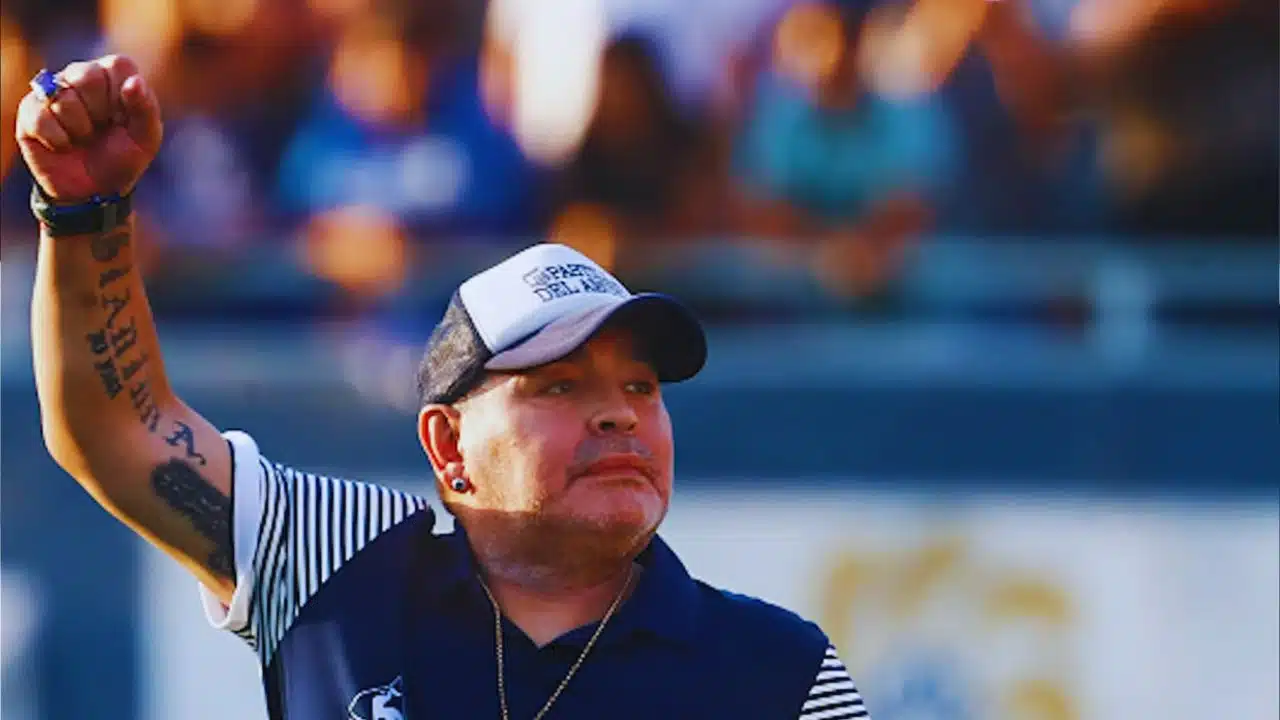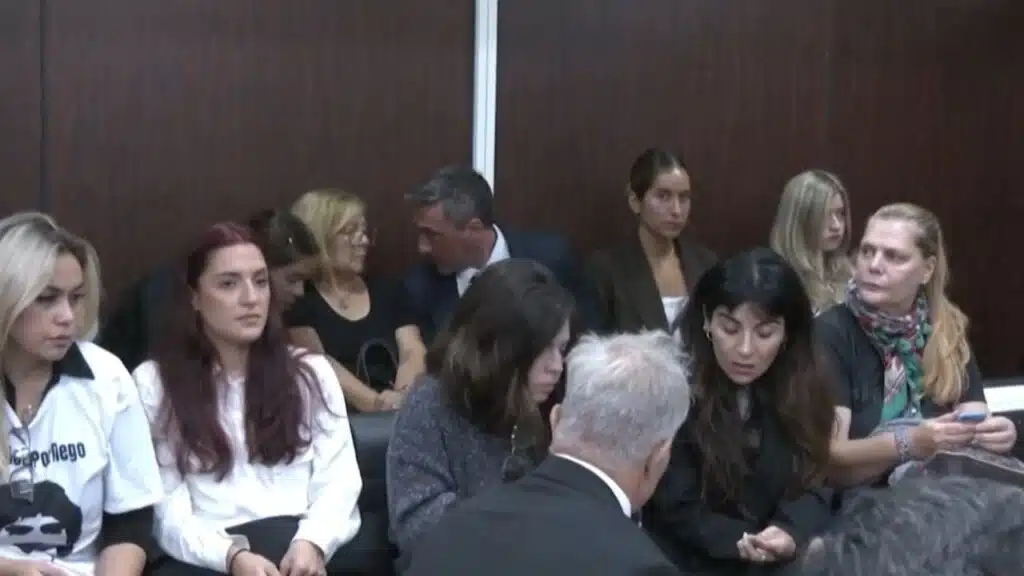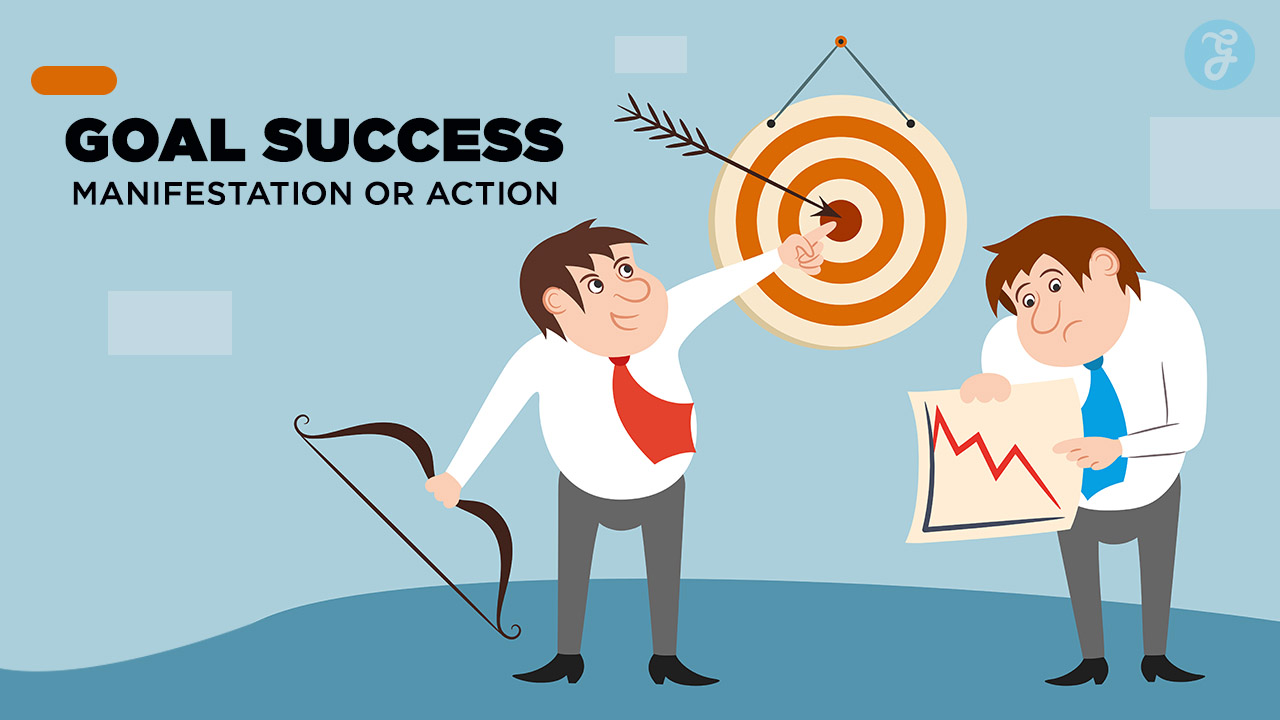A high-profile trial surrounding the death of football icon Diego Maradona has come to a stunning halt in Argentina after nearly three months of proceedings. On Thursday, an Argentine court declared a mistrial in the case, which involved seven medical professionals charged with criminal negligence in connection with Maradona’s 2020 death. The announcement has sent shockwaves throughout Argentina and the global football community, reigniting debates over justice, celebrity, and the ethics of judicial conduct.
The ruling was prompted by the resignation of one of the three judges overseeing the trial, Judge Julieta Makintach, following revelations that she had participated in the filming of a documentary about the case while it was still ongoing. The documentary, titled “Divine Justice”, is reported to chronicle the timeline from Maradona’s death to the beginning of the trial and was viewed by many legal experts and the public as a conflict of interest.
The decision effectively annuls all proceedings since the trial officially began on March 11, 2025, wiping out weeks of testimony and court hearings and leaving both the defense and the prosecution back at square one.
Judge Resigns Over Documentary Scandal
The trigger for the mistrial was a trailer for Divine Justice, which prominently featured Judge Makintach walking through the courthouse and intercut with archival footage of Maradona’s iconic goals. The teaser, just under two minutes long, caused an uproar once shown publicly and led prosecutors to formally request an investigation into Makintach’s conduct.
As public criticism mounted and media scrutiny intensified, Judge Makintach announced her resignation from the case on Tuesday, stating that she had “no choice” but to step down. She did not deny her appearance in the trailer but claimed that her involvement had been misinterpreted.
Legal experts noted that her continued role in the trial could have seriously compromised its credibility and outcome. Following her resignation, the remaining two judges on the panel — Maximiliano Savarino and Verónica Di Tomasso — had little choice but to declare a mistrial.
What This Means for the Trial
The mistrial not only pauses the case — it completely resets it. All testimony and progress made since March 11 has been rendered void. A higher court is now tasked with selecting a new panel of three judges, to be chosen randomly via lottery, as per Argentina’s judicial protocol. No official date has been set for the retrial.
Legal analysts say this development could delay a final verdict by months, if not longer. What was initially expected to be a trial lasting through July now faces serious uncertainty. Any fresh trial will need to start from scratch, with the possibility of recalling all previous witnesses and reintroducing every piece of evidence.
Voices of Frustration and Disappointment
The ruling has been met with emotional reactions, particularly from Maradona’s family and legal representatives. Verónica Ojeda, Maradona’s former partner and the mother of one of his children, tearfully addressed the press outside the courtroom.
“I am saddened because this means five years of work have been thrown in the trash. They mocked us,” she said, visibly distressed. “We’ve waited so long, hoping for justice. Now it all feels like a joke.”
Fernando Burlando, a prominent attorney representing Maradona’s daughters, Dalma and Gianinna, tried to remain cautiously optimistic. He told reporters that he still hopes for a resolution before the year ends.
“We trusted this process would offer clarity and justice. While this is a delay, we’ll push for the new trial to proceed swiftly. I trust we could have a sentence by the end of the year,” Burlando said.
The Defendants and the Charges
The case initially brought charges against seven medical professionals, including Maradona’s personal physician Dr. Leopoldo Luque, his psychiatrist Agustina Cosachov, a psychologist, a medical coordinator, and several nurses who were responsible for Maradona’s care in his final days.
The defendants were being tried for “simple homicide with eventual intent”, a serious charge under Argentine law that implies they should have known their actions — or lack thereof — could lead to Maradona’s death. If found guilty, they faced prison sentences ranging from 8 to 25 years.
All seven have pleaded not guilty, maintaining that Maradona was a highly complicated patient who repeatedly refused medical instructions, often rejected treatment, and was in a fragile emotional and physical state that made care difficult. They argue that they did their best under the circumstances.
“This is all a great embarrassment,” said defense attorney Miguel Ángel Pierri, who represents one of the defendants. “This mistrial paints the entire legal process as unstable and untrustworthy.”
Maradona’s Death and Medical Timeline
Diego Maradona died on November 25, 2020, at the age of 60, from cardiac arrest. At the time, he was recuperating in a private home in Tigre, on the outskirts of Buenos Aires, after undergoing brain surgery to remove a subdural hematoma — a blood clot between the brain and its outer membrane.
An autopsy revealed no alcohol or illegal substances in his system, but there were psychiatric medications present. A separate medical board concluded in 2021 that Maradona’s medical care was “inadequate, deficient, and reckless.” The report claimed that he had been left in a vulnerable state and received insufficient post-operative monitoring.
The board’s findings were instrumental in bringing charges against the seven medical staff, alleging that they failed to recognize life-threatening symptoms and did not take timely action to save his life.
National Reverence for a Football Legend
Maradona is considered one of the greatest footballers of all time, celebrated for leading Argentina to victory in the 1986 FIFA World Cup, where he scored the infamous “Hand of God” goal and the “Goal of the Century” against England. In Argentina, he is more than a sports figure — he is a cultural and national icon revered by millions.
His passing plunged the country into deep mourning. Three days of national mourning were declared, and thousands gathered in Buenos Aires to pay their final respects. For many Argentines, holding those responsible for his death accountable is not just a legal matter — it is a moral imperative.
What Comes Next?
The trial’s suspension introduces major uncertainty, not only for Maradona’s family and supporters but also for Argentina’s judicial reputation. The Divine Justice scandal — the documentary that ultimately caused the collapse of the proceedings — raises broader concerns about the intersection of media, fame, and the justice system.
A new panel of judges will be appointed in the coming weeks, but court officials have not provided a specific timeline for when the trial might resume. Until then, the search for justice in Diego Maradona’s death remains unresolved — a painful limbo for his family and a nation still mourning its greatest sports hero.
The Information is Collected from ESPN and CBS News.





































